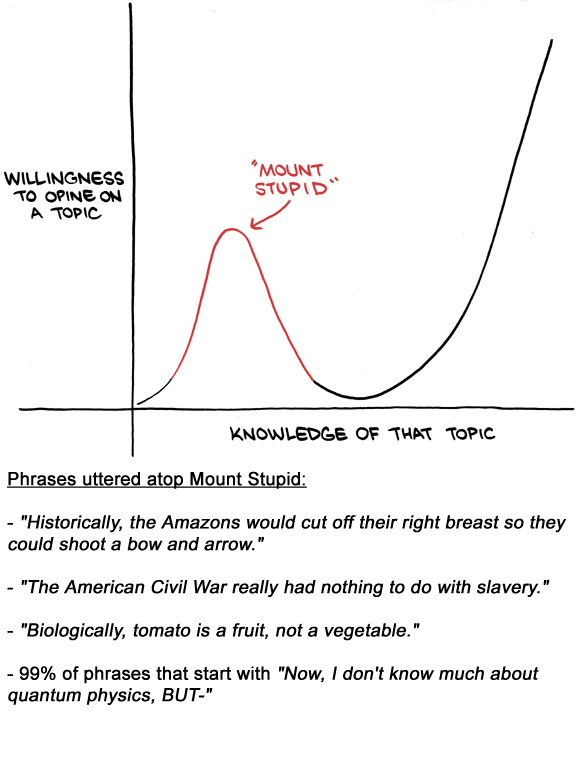With the venerable Soyinka now 78, I wish I could report that his new volume of sweeping reflections is of the same stature as his best work, but sadly it is not. The book is vague, ponderous and awkward. Soyinka never says “house” when he can say “habitation,” “native” when he can say “autochthon,” “dominant” when he can say “hegemonic.” Phrases in quotation marks float free of any source. When he makes broad generalizations and criticisms he sometimes expects the reader to mentally provide specific examples. (Do you remember exactly what President Obama said in Cairo in 2009? I had to look it up.) The book abounds in passages full of 10-dollar words that have to be read two or three times to figure out what they mean. About contentions in Christian theology, for example, he says:
“These all-consuming debates and formal encyclicals are constructed on what we may term a proliferating autogeny within a hermetic realm — what is at the core of arguments need not be true; it is sufficient that the layers upon layers of dialectical constructs fit snugly on top of one another.”
That’s Adam Hochschild discussing Nigerian writer and 1986 Nobel laureate for literature Wole Soyinka‘s new book Of Africa in the New York Times Book Review.

Medical Analogies in the Social Sciences
Andrew Gelman writes:
Social scientists who use medical analogies to explain causal inference are, I think, implicitly trying to borrow some of the scientific and cultural authority of that field for [their] own purposes.
Social scientists are often tempted to illustrate their ideas with examples from medical research. When it comes to medicine, though, we are, with rare exceptions, at best ignorant laypersons (in my case, not even reaching that level), and it is my impression that by reaching for medical analogies we are implicitly trying to borrow some of the scientific and cultural authority of that field for our own purposes. Evidence-based medicine is the subject of a large literature of its own.
Gelman’s post is a contender for the Post with the Longest Title 2012 award (the title of the post is indeed “Social scientists who use medical analogies to explain causal inference are, I think, implicitly trying to borrow some of the scientific and cultural authority of that field for our own purposes.”)
I wonder if he got his inspiration from the Red Sparowes, whose song titles are known for being long (“the great leap forward poured down upon us one day like a mighty storm, suddenly and furiously blinding our senses,” off of their album Every Red Heart Shines Toward the Red Sun.)